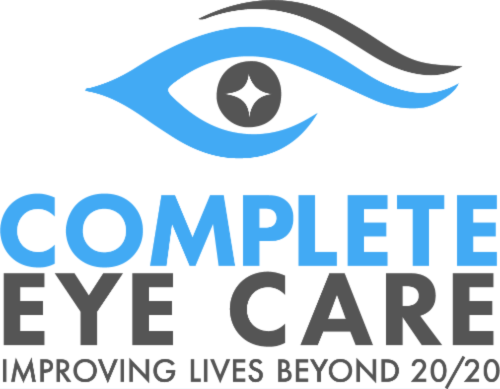 Did you know that menopause is a leading cause of dry eye in women around the age of 50 and older?
Did you know that menopause is a leading cause of dry eye in women around the age of 50 and older?
This is because during menopause, your production of certain hormones such as estrogen, progesterone, and androgen goes down. This can cause a lot of uncomfortable symptoms, including dry, itchy, burning, gritty-feeling, and watery eyes.
Biological Changes That Affect Your Eyes
Specifically, the reduced androgen production affects the function of the meibomian and lacrimal glands in the eyelids. The meibomian glands are responsible for producing oils that prevent tears from drying out too quickly. When these glands aren’t working correctly, the lack of oil in the tears causes the eyes to constantly dry eye, leaving them uncomfortable and unprotected from irritants in the air such as dust and sand.
When these fluid and oil-producing glands are affected, the eyelids can also get irritated and begin to swell. This can negatively impact both the amount of tears your eyes produce and the quality of those tears.
Changes in estrogen levels can also impact tear quality and quantity. This is why many women who take oral contraceptives may suffer from dry eye symptoms.
How is Hormone-Related Dry Eye Treated?
At Complete Eye Care, we understand the underlying causes of your hormone-related dry eye symptoms. We offer a number of solutions, depending on the severity of your symptoms, as well as your personal preferences.
Dry eye treatments can include:
- Medications to bring down swelling in the eyelids
- Artificial tears and eye drops to re-lubricate the eyes and encourage tear production
- Oral antibiotics to increase tear production and tear health
- Corticosteroid eye drops to reduce itchiness
- Punctal plugs - to reduce tear flow away from the eyes
Want to learn more about how menopause and hormone fluctuations can affect your eyes? Come visit our Belmont eye doctors, or give us a call at Complete Eye Care today!
